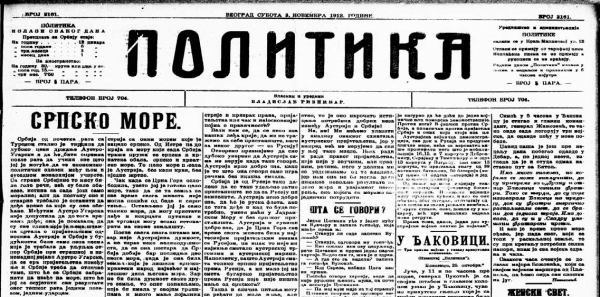As the deadline for submissions to the government’s Communications Review passes, the Open Society Foundations have found the perfect time to release their in-depth report on the state of UK media.
But the report is not good news.
On the surface the digital transition in the UK has been a resounding success. The UK will complete the transition to digital broadcasting in 2012 under budget and without major setbacks, and access to broadband and the internet are steadily rising towards saturation levels.
But as the UK completes this stage in the digital transition, the report’s authors strike an uneasy note. While the internet and digital media unleash a host of possibilities, they also undermine the media structures that have served the UK well for the past half century, and it appears to be the damage rather than the mitigation that has loomed larger over the past five years. It is by no means clear on the current evidence that citizenship and the open society will actually benefit from the digital revolution.
Newspapers are in a crisis. Between 2005 and 2010, quality newspapers experienced a 25 percent decline in circulation. Some of this shortfall has been picked up by online readership, but revenues have not been recovered as sales decline and advertising migrates to other platforms. This means fewer journalists, fewer risky investigations and less accountability.
But there is always the BBC we can rely on, right? According to authors Des Freedman and Justin Schlosberg, the “BBC has found itself increasingly caught in a vice. On the one hand, demonstration of public value requires it to achieve sufficient audience reach in order to justify its receipt of the full license fee income; on the other hand, it must continue to provide the merit goods that, in the words of a recent report by the Work Foundation, ‘viewers and listeners are not aware that they want or need.’” So the long term prospects for the broadcaster are not especially reassuring.
And in the pre-digital world it was not only the BBC that offered public interest programming. All broadcasters were obliged, to a greater or lesser extent, to serve the public. However that intervention, particularly as it applied to news, is being watered down in the less regulated digital environment. Digital has not been good news for TV news beyond the BBC. Not only has it resulted in public service obligations being weakened; it has not offered much in the way of choice: “digital television has not necessarily heralded a radical diversification of the total news offer.”
The authors offer some constructive suggestions about what must be done. Governments in general are well advised to resist the urge to interfere with the media. However, the scale of the crisis suggests that the market will not address these issues, and government does need to ensure that the public interest is not eclipsed as the media ecology of a digital Britain beds down. The authors recommend a full-scale media commission into the state of the news media, and new forms of support for public service in the media.



